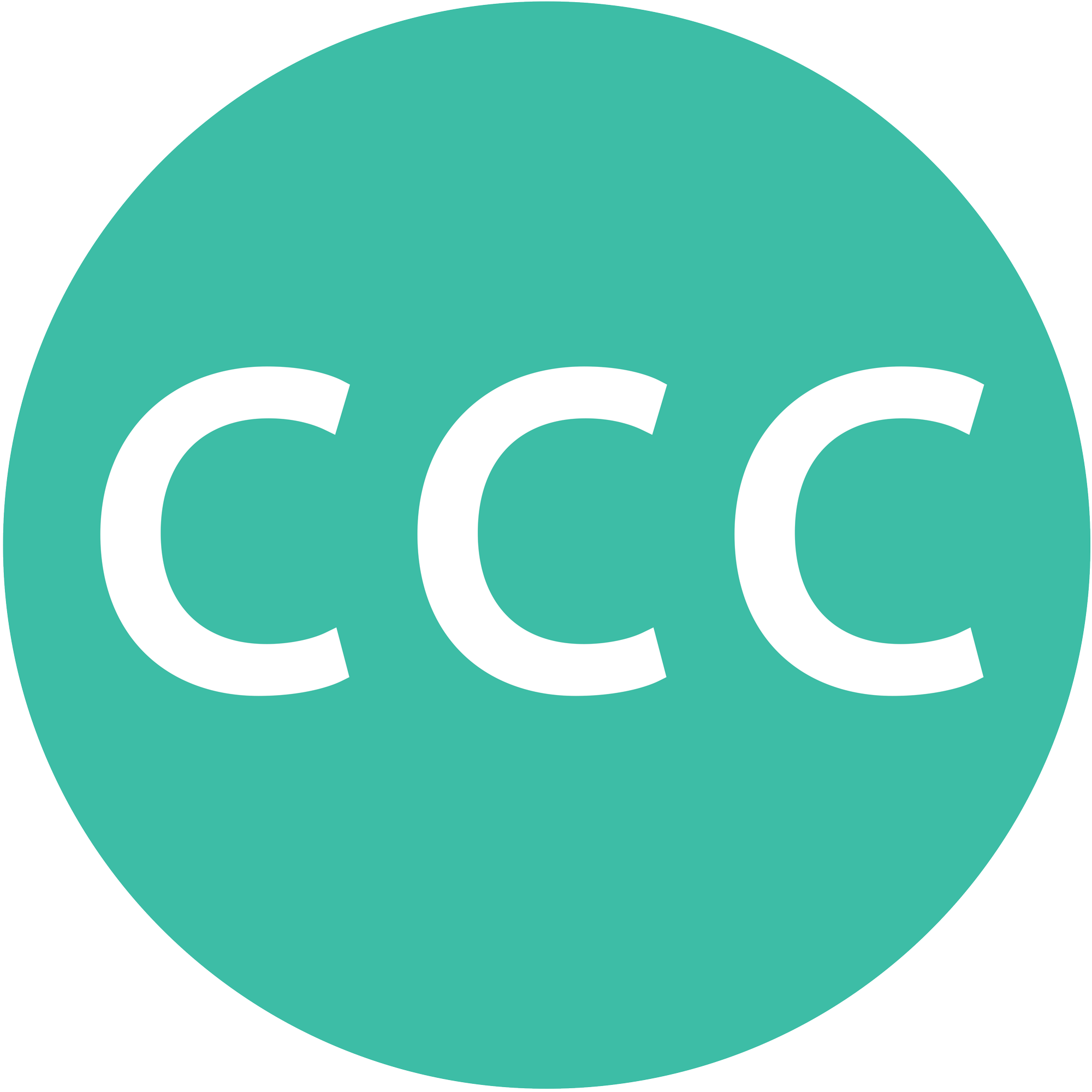What do you plan to talk about at the dinner table this Thanksgiving? The Dodgers…or excessive wealth disorder (EWD)?! This year’s World Series was quite a show, but discussing it could be quite divisive, whereas EWD–that a few people hoarding excessive amounts of wealth is bad for all of us– is something almost everyone can agree on.
The matchup of Dodgers vs. Yankees was another chapter in this historic rivalry, one which might find dinner guests with strong opposing views. Some of us can remember the “Brooklyn Bums.” Some of us (me) are even from New York. I hadn’t known that the team’s owner, Walter O’Malley, wanted a new stadium in Brooklyn, but was told he’d have to build it in Queens (a rival borough in New York City). That would be like telling the Oakland A’s they had to play baseball in Sacramento, or even worse, Las Vegas. O’Malley instead took the team to Los Angeles, after convincing the New York Giants to move to San Francisco so that they could maintain their league rivalry.
Wealth inequality, too, has its rivals: the 0.1% vs the 99.9%, and so far, the former are winning three games to none (“three could be the three branches of government, the three decades of extraordinary growth in wealth inequality, the holy trinity, or simply baseball). EWD reared its ugly head during this election, with the result that we are now a nation run by the billionaires and for the billionaires. Tens of millions of Americans are wondering where their next jellybean is coming from (see my October newsletter), but Elon Musk can afford to give a jellybean to every single person in America and still have a few left over for himself.
In 2020, when I wrote my first Thanksgiving period newsletter, one needed to have $2.1 billion to makes the Forbes 400 list of the richest people in America. Today it is $3.3 billion, a 50% increase in four years! In the U.S. there are approximately 800 billionaires with total net wealth of $6.2 trillion (a trillion is a million million).
Excessive wealth isn’t just limited to billionaires. Are you sitting down? There are 135,000 households in the U.S. (about 0.1%) with net wealth exceeding $50 million (the ultra-rich), with a combined total wealth of approximately $35 trillion! In jellybean talk, with each one worth one dollar and laid end to end, they would circle the planet 7,500 times.
If that doesn’t provoke status anxiety, what will? Research has shown that wealth inequality leads to increased status anxiety and is linked to all sorts of problems, from poor health outcomes to less trust in our fellow citizens, and perhaps most importantly, election outcomes. When the ultra-rich undermine and block government from addressing massive wealth inequality, it is natural to want to throw the bums out.
If we want to begin to understand the problems with philanthropy, CCC’s focus, we need to understand the problems associated with excessive wealth. The upcoming GivingTuesday on December 3 is a case in point.
Against a backdrop of massive wealth hoarding, the GivingTuesday website reads like a Hallmark card: “reimagine a world built upon shared humanity and generosity.” GivingTuesday projects that it will facilitate giving a total of approximately $3.5 billion to nonprofits, which equals just 0.01% (one ten thousandth) of the net wealth of the ultra-rich. Participation rates (number of people giving) declined 10% last year and will likely decline again this year. These two facts are linked: The barrage of headlines about multimillion dollar gifts (including political gifts) by the wealthy–even though it represents a tiny portion of their wealth–must cause the rest of us to wonder what point there is in making a $25 or even $250 gift.
Shared humanity and generosity? As I’ve written before, there have been many studies showing that most centimillionaires and billionaires are, relatively speaking, narcissistic individuals disconnected from society as a whole (a must-read digression). Psychologists describe it as the “Dark Triad,” comprising “a constellation of interlinked personality traits — Machiavellianism, psychopathy, and narcissism.” While we might wish for the ultra-wealthy to share more, it is unlikely to happen without government intervention. Congress should require private foundations and donor-advised funds to distribute more, and we should tax the ultra-rich now.
A closing note to donors: We urge you to make the charitable commitment. It is game on, not over: nonprofits need resources now as much as any time in recent memory. For those of you who have in past years, we’ll be contacting you for your 2024 commitment to give beyond the legal requirement. For those of you who are new to CCC, signing up is easy. AND… if you do step up to the plate, you’ll get our incredible “Commitment” baseball cap as thanks (now that’s thanks-giving).
